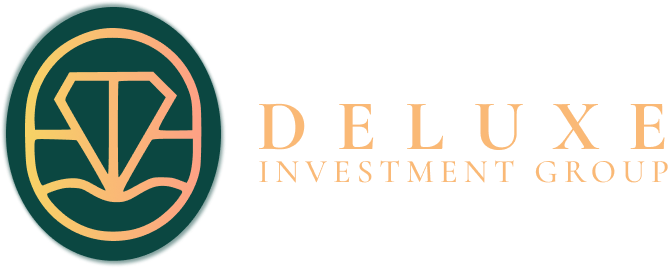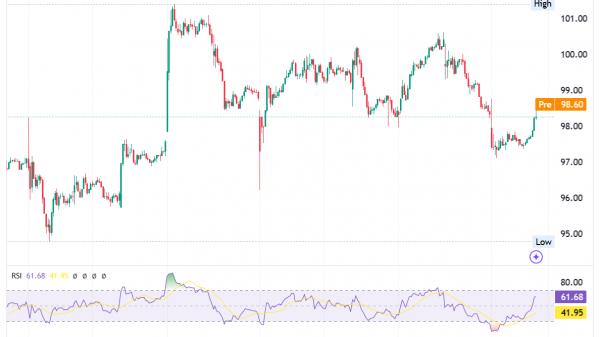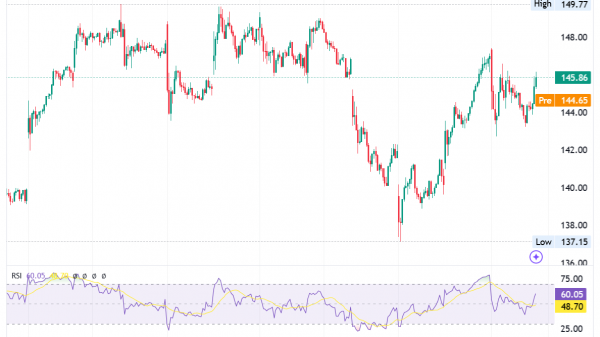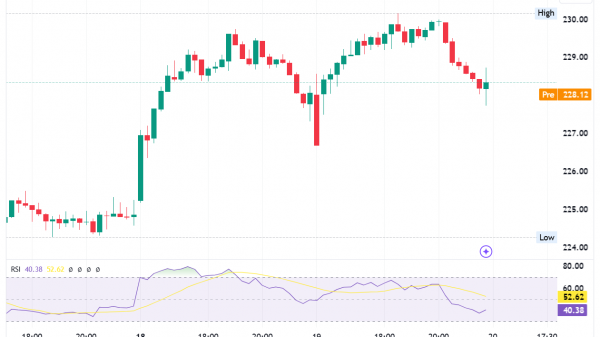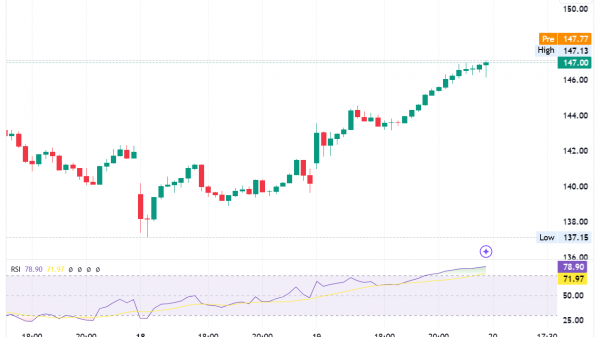Constant currency – what is it and how does it work?
When dealing with the global market, one term you’ll often hear is ‘constant currency.’ This concept is crucial in understanding financial reports, especially for businesses with international sales. So, what exactly is constant currency, and how does it function?
Key takeaways
Constant currencies are used to eliminate the effects of currency fluctuations in financial performance numbers.
Companies that have international sales often see their reported revenue and profits distorted by currency exchange rates.
Using constant currencies can help neutralize the distortion caused by foreign currency swings in foreign exchange market.
Definition
Constant currency is a method used in financial reporting to assess a company’s financial results without the impact of currency fluctuations. This approach recalculates current financial data using historical exchange rates. The aim is to isolate and evaluate the company’s operational performance by removing the distortions caused by changes in exchange rates. This method is particularly useful for companies with significant international operations, as it provides a clearer picture of their true financial performance, independent of any exchange rate movements.
Explanation
Constant currency refers to a method used in financial analysis to evaluate business transactions or financial statements without the distortion of currency fluctuations.
This approach involves recalculating current financial results using historical exchange rates instead of the current or fluctuating rates. By adopting this approach, companies can offer a more transparent view of their financial status.
Currency values can swing widely due to various factors. These are political events, economic policies, or market sentiments. For businesses operating internationally, these fluctuations can significantly affect their financial results. Utilizing constant currency allows companies to remove the impact of fluctuating exchange rates.
Fixed Exchange Rate vs. Constant Currency
It’s important not to confuse constant currency with a fixed exchange rate. A fixed exchange rate is a regime where a country’s currency value is tied to another major currency. In contrast, constant currency is a method for analyzing financial results to neutralize the impact of currency movements.
Application in Financial Analysis
To apply Constant Currencies, a business recalculates its current earnings. And it uses the exchange rate assumptions from a previous period. For example, suppose a company wants to compare its international sales from 2022 to 2023.
Then, it would use the 2022 exchange rates to recalculate the 2023 sales. This recalculation allows for a comparison that focuses solely on operational performance. It removes exchange rate variations from the equation.
Constant currency is a tool for businesses and analysts. It helps international business owners to accurately assess performance over time. This technique enables businesses to demonstrate their actual performance unaffected by the capricious nature of currency markets.
Its measures can perform better or worse than GAAP numbers, but investors shouldn’t ignore these optional measures.
Management teams, including those at McDonald’s, argue that these currencies provide a clearer view of performance. But this isn’t always true.
Generally, currency impacts balance out over time, but there are exceptions. For instance, in many emerging markets, high inflation often leads to consistent currency depreciation.
Similarly, if the U.S. dollar keeps rising, investors might need to accept lower profits. Companies are likely to convert their offshore earnings into local dollars for dividend payments and similar needs, not at the reported exchange rates.
Disadvantages of Constant Currencies
Exchange Rates Matter
Using exchange rates not involved in accounting to calculate constant currency reporting affects the accuracy of the report. Only the exchange rates used in prior and current year reporting can reliably create year-over-year (YoY) reports on a constant currency basis.
Otherwise, management reports more about market movements than the company’s financials. Many companies often use generic market movements instead of company-specific rates in their corporate disclosures.
Seasonality
Seasonal or timing differences in transactions can distort results when using a simple average exchange rate from the past. Applying a weighted average prior period rate to current financials more accurately reflects a constant currency comparison.
Appropriate Measure
The relevance of YoY currency impacts varies. Some companies find it insightful, while for others, it’s irrelevant. Companies should consider the suitability of reporting YoY impacts, particularly when foreign pricing/costs depend on the dollar.
SEC Concerns
The SEC cautions against misleading non-GAAP reporting, which may occur if constant currency reporting uses exchange rates that do not align with GAAP rates. Companies reporting YoY results should detail their calculations to avoid discrepancies between external reporting and corporate accounting, especially in measuring currency impacts.
Hedge Program Disconnects
A disconnect often exists between financial reporting and currency hedge programs. The treasury might hedge currency risk to smooth currency impacts in margin, while management reports YoY changes in revenues and expenses in constant currency.
Conclusion
Constant currency is a valuable concept in financial analysis, particularly for companies with international exposure. By recalculating financial results using historical exchange rates, businesses can provide a more accurate and consistent view of their financial performance, isolating real growth and operational success from the effects of currency fluctuations. Grasping this concept is crucial for anyone engaged in international business. It provides a more dependable and clear perspective on the financial well-being of a company.
The post Constant Currency – what is it and how does it work? appeared first on FinanceBrokerage.
